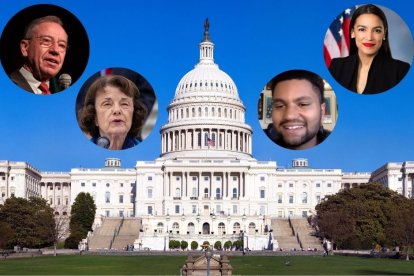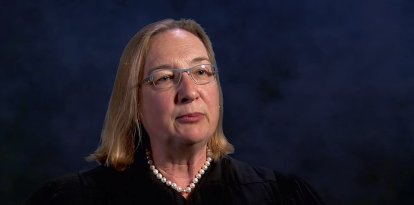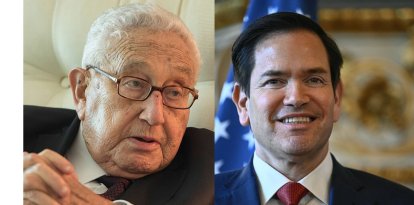The 118th Congress is one of the oldest in history
Senators have an average age of 65 (the highest age on record), and representatives over the last ten years have averaged between 57 and 58 years of age.

Voz Media (Pxfuel - Wikimedia Commons /
Concerns about U.S. politicians getting older arise when reflecting on the ages of the country's top politicians and leaders: president Joe Biden is the oldest serving president in the nation's history at 81 years old, and his main rival for the 2024 elections, Donald Trump, is 77 years old.
Congress is not far behind, 6% of legislators are part of the sp-called "silent generation" (over 80 years old). The oldest senator, Democrat Dianne Feinstein, is 90 years old. She is followed by Republican Senator Chuck Grassley, who is 89.
The age of Congress is one of the highest in history
Despite the talk of a generational shift in Congress in the 2022 midterms, the average age of legislators is one of the highest in history, as indicated by an analysis by The Washington Post. Senators average 65 years of age, which is the highest on record, and House representatives over the last ten years have averaged between 57 and 58 years of age.
At the opposite end of the spectrum from Feinstein and Grassley are younger members of Congress who are part of the millennial generation, including Democrats Alexandria Ocasio-Cortez, 33, and Jon Ossoff, 36. The only lawmaker who is part of Generation Z is Democrat Maxwell Frost (26), a member of the House of Representatives.
Could the age of Congress change?
Several senior congressmen left office in last year's elections. They include Democratic leaders Steny Hoyer (age 84), former House Speaker Nancy Pelosi and Jim Clyburn (both 83). They were replaced by Hakeem Jeffries (age 52), Katherine Clark (age 60) and Peter Aguilar (age 44).
However, even though the country has changed its traditional trend of electing more experienced people to public office (in the last election, the country's broke a record for most electees with no government experience). In addition, it is unlikely that the younger congressmen will gain control of the legislative body in the short term.
The analysis shows that baby boomers are the generation that makes up almost half of Congress (48%) and are likely to remain in office for a few more years. These are followed by Generation X (33%); millennials (12%); the silent generation (6%) and Generation Z (<1%).
RECOMMENDATION





















